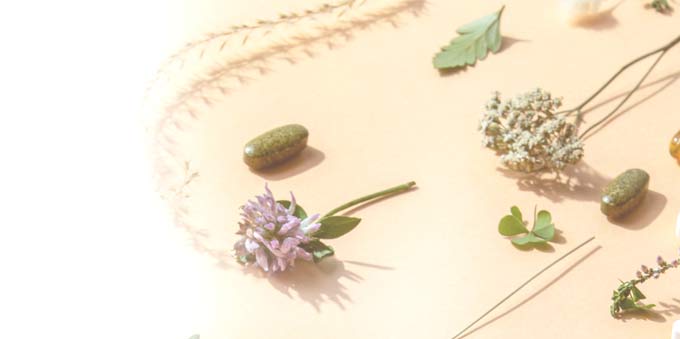Urinary Tract Infections (UTI’s)

Treatment Protocols for UTI’s
Urinary Tract Infections (UTI) are common and are mainly due to bacterial infection. The predominant organisms include Escherichia coli, Staphylococcus saprophyticus, Klebsiella and Proteus. Cystitis is a bladder infection. Symptoms of cystitis include frequent urgent burning or painful voiding of small volumes of urine. Nocturia and often low back pain are common. Urinary tract infections and cystitis occur predominantly in women. Isolated UTIs occur in 30% of all women; recurrent UTIs occur in 60% of cases, 95% of which are due to exogenous reinfection.
Major risk factors for UTI/cystitis include:
- Use of oral contraceptives
- Poor hygiene
- Diabetes mellitus
- Immunosuppression
- Pregnancy
- Changes in sexual activity: partner, frequency, intensity
- Use of irritant chemicals (detergents, spermicides)
- Use of irritant contraceptive devices (diaphragm)
- Heavy antibiotic use
- Urinary tract abnormality or obstruction (tumour, calculi, stricture, inability to empty the bladder completely)
- Previous UTIs less than 6 months apart
- Urethral or bladder catheterisation
- Medications such as immunosuppressants, and corticosteroids
Common signs and symptoms of UTI/cystitis include:
- Painful urination, with a burning sensation, frequency, and urgency
- Blood or pus in the urine
- Pain or cramping in the lower abdomen
- Chills, fever (fever may be the only symptom in infants and children)
- Strong-smelling urine
Treatment for UTI’s & Cystitis
Herbal Medicine can be very effective in treating UTI’s and cystitis, however, it is important to start treatment at the first sign of symptoms. If an infection is not clearing it is imperative to seek medical advice to prevent a serious kidney infection (antibiotics are usually prescribed for this). If antibiotics have been taken to clear the infection, herbal medicine, nutrition and probiotics play a vital role in restoring the microbiome (gut flora) and increasing immunity to prevent future infections.
Treatment priorities include:
- Reducing infection, pain and urinary frequency
- Addressing any bacterial or fungal/yeast infection
- Alkalising the urine
- Reducing inflammation
- Reducing muscle spasm
- Stimulating immunity to fight infection and prevent chronic or recurrent infection
- Removing dietary fuel for infectious microbes: sugars and mucous forming foods
Following are examples of treatments used:
- Herbal Medicines: Andrographis, Echinacea, Crataeva, Bearberry, Marshmallow Root, Licorice, Buchu, Cornsilk, Cranberry, Golden Rod and others
- Nutrients: Zinc, Vitamin C, Magnesium, Potassium, EPA/DHA, Selenium, Vitamin D3 and others
- Probiotics: Lactobacillus rhamnosus GG (LGG), L. Plantarum (299v), Bifidobacterium lactis (BB-12) and others
- Diet: Anti-inflammatory diet, Identify food intolerances, low alcohol and caffeine, minimise processed foods
This information is not intended to replace medical advice. Please do not self-treat with the above herbal medicines – seek professional advice specific to your condition.